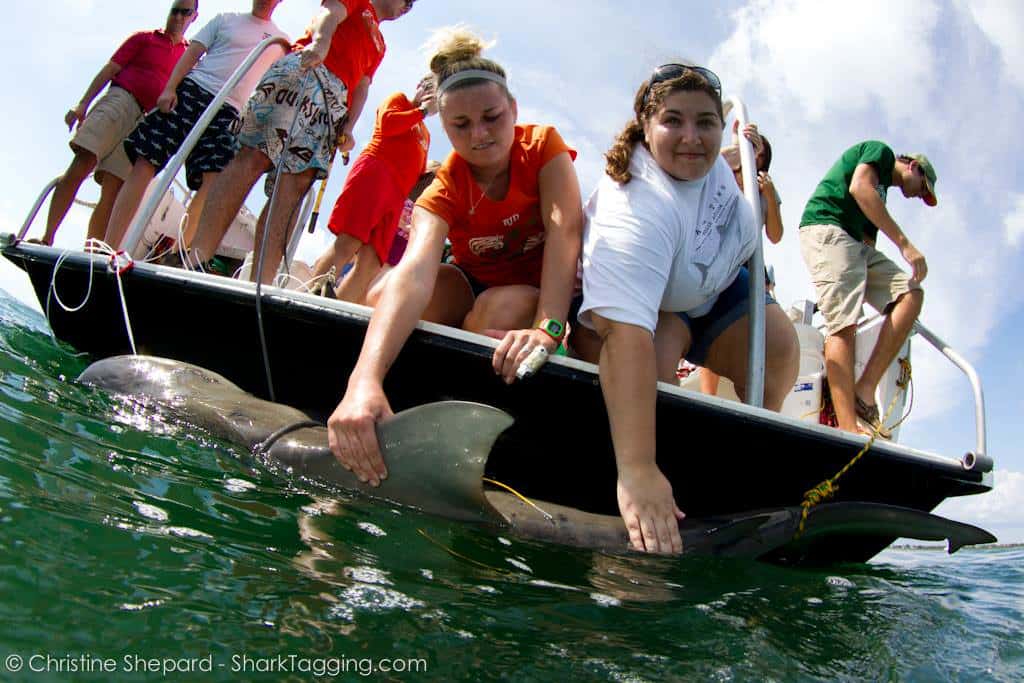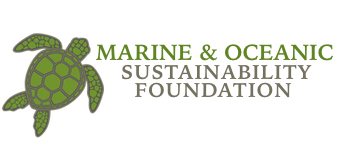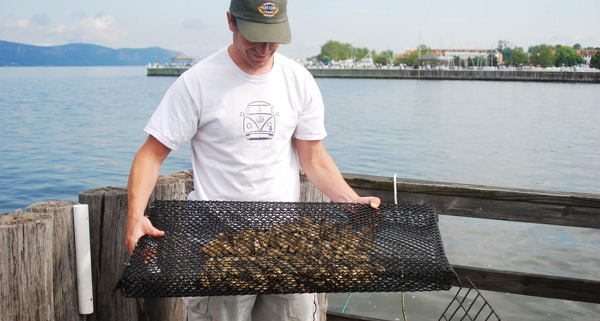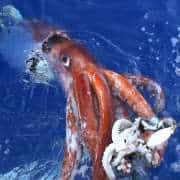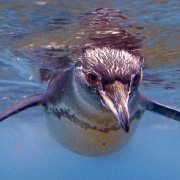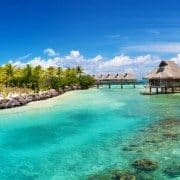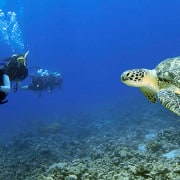Citizen Science: A Partnership Between Everyday People & Professional Scientists
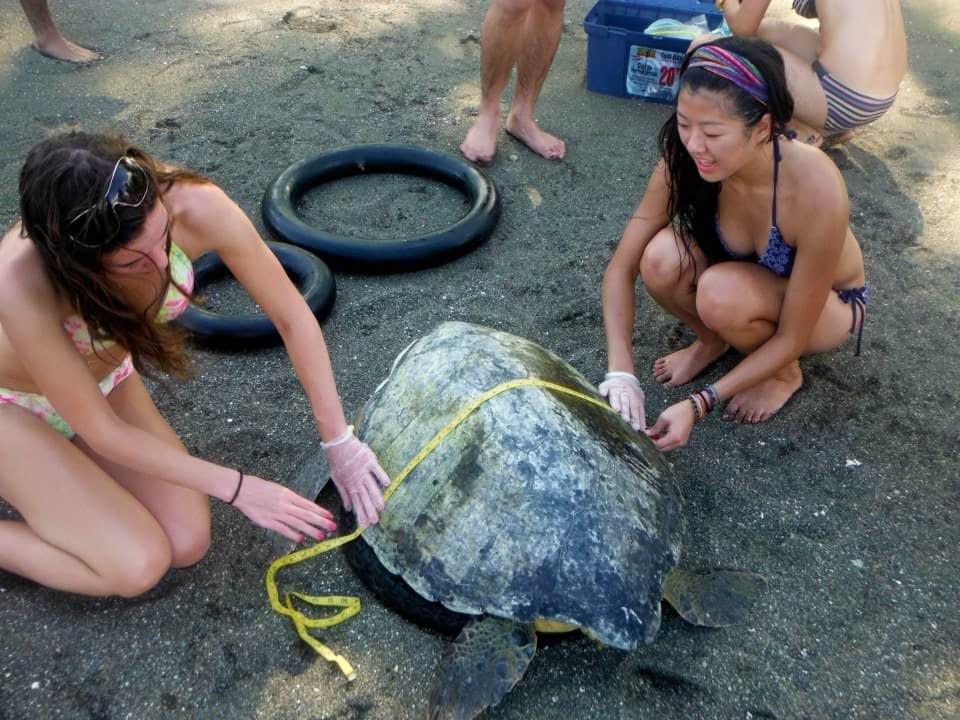 Last summer, my family and I were strolling along a beach in South Carolina and noticed beautiful shells that were washing up onto the beach with each wave. The creatures would quickly burrow themselves, and their protective shells, into the wet sand. I took a few photos and posted them on Facebook. I commented, “Wow, these shells are beautiful, anybody know what they are?” Honestly, I didn’t expect much of a response. Instead, I received a number of comments about what species of marine gastropod it was and one oceanographer friend exclaimed, “I am so envious, where are you? I have always wanted to see one of those!”
Last summer, my family and I were strolling along a beach in South Carolina and noticed beautiful shells that were washing up onto the beach with each wave. The creatures would quickly burrow themselves, and their protective shells, into the wet sand. I took a few photos and posted them on Facebook. I commented, “Wow, these shells are beautiful, anybody know what they are?” Honestly, I didn’t expect much of a response. Instead, I received a number of comments about what species of marine gastropod it was and one oceanographer friend exclaimed, “I am so envious, where are you? I have always wanted to see one of those!”
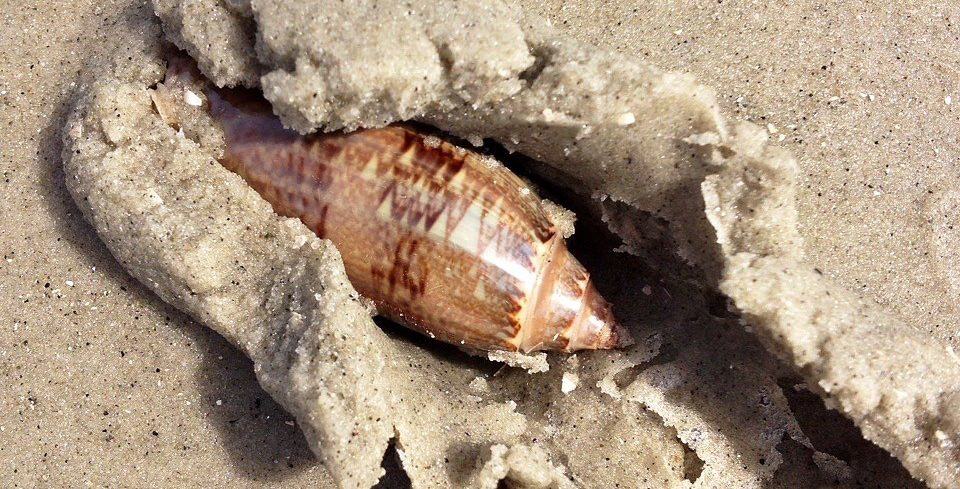
The now famous Olive snail
I am not scientist, but I learned that my observations, questions and photos were of value to the scientists who make a living studying, tracking, and monitoring our amazing ocean life. Without knowing it, I was acting as a “citizen scientist”. Citizen science can mean anything from people simply observing natural events and characteristics to a full-fledged revolution in ‘science’ that establishes the important social role of learning about the world we live in. Citizen science can enable professionally-trained scientists to leverage the efforts of groups of people distributed widely, or a way to leverage the brains, experience, and insights of the world’s people to advance understanding.
In order for citizen science data to be used and usable, it is important that the information collected is credible and needed by scientists. Fortunately, the value of citizen science is being recognized by individuals and organizations that are in a position to get the word out. Programs are being developed by government agencies and nonprofits, like ours, to train people interested in getting involved and to develop Web-based applications where citizen scientists can share their findings.
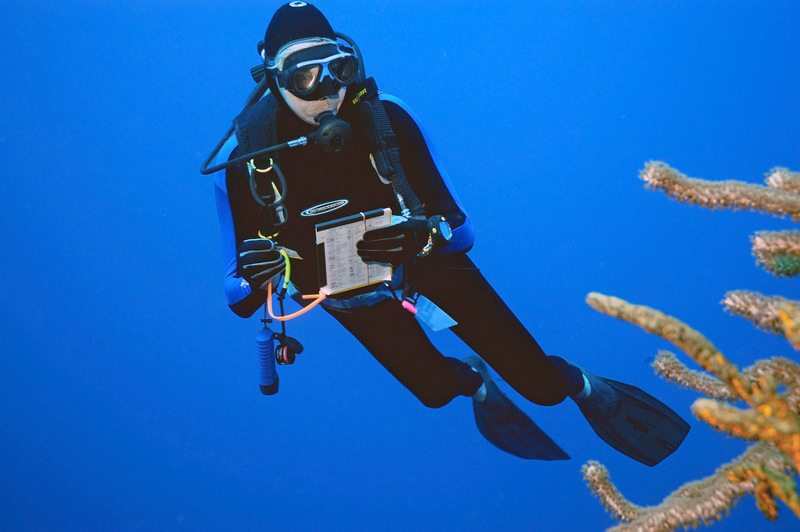
Copyright REEF.org
Mote Marine Laboratory, in conjunction with the US government and numerous universities, has developed a program called the Marine Ecosystem Event Response and Assessment Program (MEERA). MEERA is a community-based reporting network, which enables ANYONE on the water to report on unusual biological events in the Florida Keys National Marine Sanctuary and surrounding waters. Another online tool, supported by the National Geographic Society and called Project Noah, enables nature lovers and citizen scientists to explore and document their natural world. These tools are a powerful source of information that can be used for science research and educational programs that promote wildlife awareness and preserve biodiversity.
In tandem with our geotourism based programs, the Marine & Oceanic Sustainability Foundation (MOSF) is developing training and participatory programs that enable ocean lovers to get involved in hands-on citizen science activities. All of our programs are marine conservation focused and include activities ranging from the identification and protection of sea turtle nesting locations to scuba diving trips on which divers help reduce the population of invasive species, like the lionfish, on coral reefs. MOSF’s first geotourism and citizen science programs are already being developed and will be launched in the Caribbean region.

Turtle Research
Cornell University’s Lab of Ornithology has an established citizen-science program that has more than 200,000 individual people contributing data each year; data collection on this vast of a scale was only recently unimaginable. Cornell’s scientists are using these data to determine how birds are affected by habitat loss, pollution, and disease. They trace bird migration and document long-term changes in bird numbers across the North American continent. The results have been used to create management guidelines for birds, investigate the effects of acid rain and climate change, and advocate for the protection of declining species.
Citizen science is very important! It helps scientists attain information and answer questions about topics that they may not have the resources to collect on their own. Citizen science encompasses a broad range of topics, geographic settings, and strategies. Some projects are confined to a single species and locations, like loggerhead sea turtles on an specific island in the Bahamas, while others are global in scope. On any scale, citizen science creates opportunities for people of all ages to connect with the natural world, gain scientific skills, and learn key science concepts.